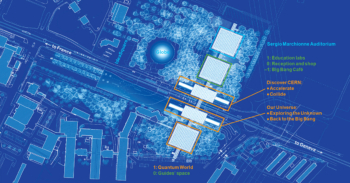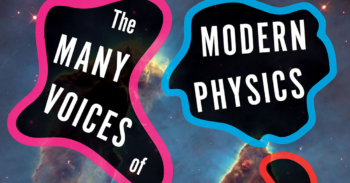CERN, DESY, Fermilab and SLAC have announced that they will join forces to build INSPIRE, the next-generation, high-energy physics (HEP) information system. The announcement came at the second annual Summit of Information Specialists in Particle Physics and Astrophysics, which was held at DESY on 20–21 May. Representatives from the four laboratories attended the event, together with leading publishers and information providers, including Cornell’s http://arXiv.org and the SAO/NASA Astrophysics Data System.
The libraries of CERN, DESY, Fermilab and SLAC recently analysed the status of HEP information systems. A subsequent poll revealed that community-based services are overwhelmingly dominant in the research workflow of HEP scholars, whose needs are not met by existing commercial services. The poll found that HEP researchers attach paramount importance to three axes of excellence: access to full-text, depth of coverage and quality of content, possibly extended to connecting fields outside HEP.
Based on these results, the management of the laboratories seized the opportunity to build INSPIRE, a community-based and user-driven, next-generation information system, fully exploiting a new technological environment. It is being built by combining the successful SPIRES database, curated at DESY, Fermilab and SLAC, with the Invenio digital library technology developed at CERN. INSPIRE will offer the functionalities and quality of service that the HEP user community has grown to expect from SPIRES, an indispensable tool in their daily research workflow. It will develop long-awaited features, providing access to the entire body of HEP literature with full-text, Google-like search capabilities and enabling innovative text- and data-mining applications.





